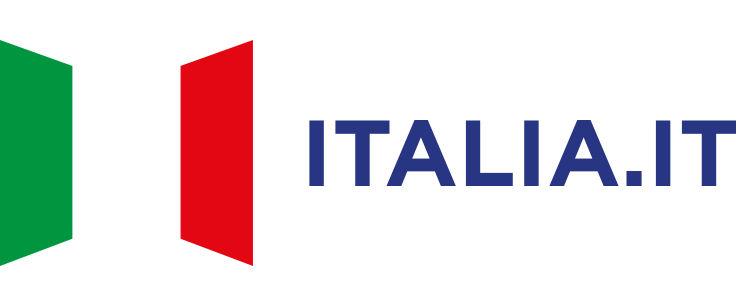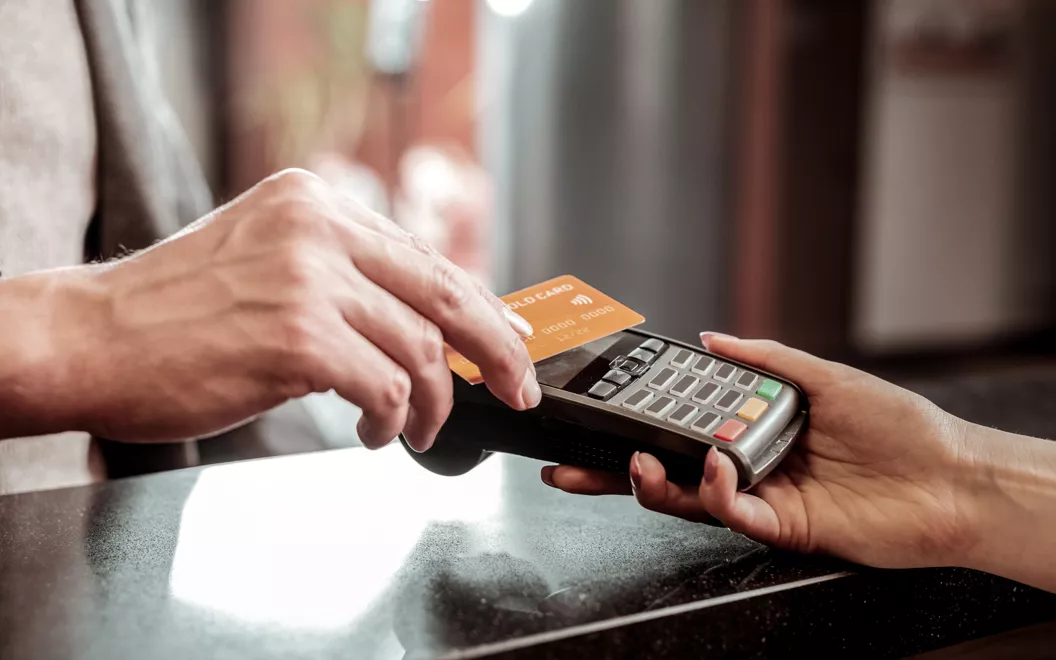How to pay in Italy and the current currency
2 minutes
Where you can convert your currency into euros
At the airport and in large train stations, banks and exchange agencies where you can withdraw cash or use related services. banks (with 24/7 ATMs) spread across Italy, where you can exchange/buy traveller’s cheques (in dollars or euros).
The denominations of coins and banknotes are as follows:
- coin denominations: 1 cent, 2 cents, 5 cents, 10 cents, 20 cents, 50 cents, 1 euro, 2 euro.
- banknote denominations: 5 euro, 10 euro, 20 euro, 50 euro, 100 euro, 200 euro.
Electronic payments: which payment systems are available?
In addition to cash, you can pay for your purchases using the most popular credit cards. In larger centres, it is also possible to pay using your smartphone via the various dedicated apps.
Currently, the main active electronic payment systems are:
- Visa
- MasterCard/Cirrus/Maestro
- American Express
- Bancomat
- Postamat
- PagoBancomat
Tipping in Italy: yes or no?
Tipping in Italy is not compulsory and there are no established rules, but it is customary to leave an amount close to 10% of the bill when the customer is satisfied with the service received.
Receipts and bills are obligatory
For any goods/services you decide to purchase in Italy, remember to ask for (and keep) the receipt or bill when you pay: this will allow you to justify your possession of goods and not incur fines in the event you are stopped and checked. In Italy, all official commercial businesses are under obligation to issue a payment slip, and every citizen must receive one after every purchase, so as not to break the law. When purchasing products, it also allows you to make use of a guarantee or to make a return.
Haggling and discounts: buying at reduced prices
In Italy, as a general rule, the prices of goods and services are those displayed or indicated in price lists/on menus: it is not customary to haggle over the price when purchasing an item.
However, there are fairs and markets where it is possible to negotiate with traders. In early July and after the Christmas holidays, Italian shops have sales, offering large discounts on products. The exact dates of the sales vary from region to region.
It is also advisable to be wary of street vendors who try to sell cheap goods under the guise of quality products. Furthermore, buying from unlicensed sellers violates Italian law.


